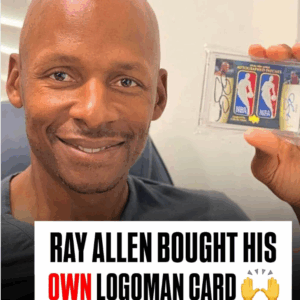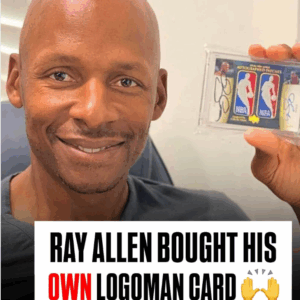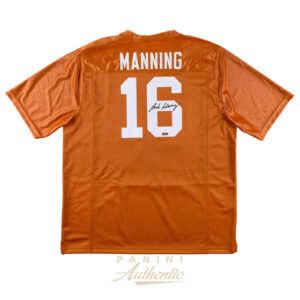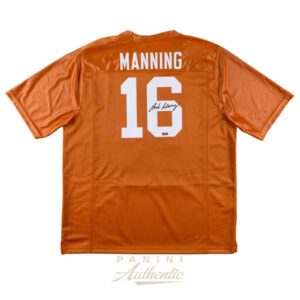Lloyd Howell, the newly appointed executive director of the NFL Players Association (NFLPA), has encountered a major setback in his leadership journey. An arbitration ruling has mandated that the NFLPA pay a staggering $7 million to Panini due to a dispute over the termination of their exclusive trading card contract from last year. This unexpected turn of events has sparked discussions and raised eyebrows within the sports industry.
The saga unfolded when the NFLPA decided to sever ties with Panini following the departure of key Panini employees to rival company Fanatics. Citing a “change in control” clause, the NFLPA sought to justify its decision to end the contract. However, Panini strongly refuted this claim, arguing that the move was merely a facade to switch allegiance to Fanatics. The arbitrators ultimately sided with Panini, deeming the NFLPA’s termination of the contract as a violation of legal obligations, moral duties to fans and collectors, and fiduciary responsibilities to its members.
David Boies, the attorney representing Panini, expressed satisfaction with the arbitration outcome, stating, “The unanimous decision of the arbitrators confirms what we have said from the beginning.” He highlighted the ramifications of the NFLPA’s actions, noting the significant financial damages and lost royalties incurred by its members. Boies also acknowledged Panini’s commitment to fans and collectors, as they continued to provide trading cards despite the NFLPA’s attempts to terminate the contract.
While Fanatics was not directly involved in the arbitration process, Panini has taken legal action against the company through a separate antitrust and tortious interference lawsuit. The NFLPA, on the other hand, has remained silent on the matter, declining to comment on the recent developments.
Beyond the financial implications, this dispute raises broader questions about the NFLPA’s decision-making protocols and its obligations to its members, fans, and the trading card community at large. The repercussions of this ruling extend beyond monetary losses, casting a shadow of doubt over the transparency and integrity of the NFLPA’s operations.
As the dust settles on this costly legal battle, stakeholders eagerly await the NFLPA’s response and its plans to address the fallout from this contentious chapter in its trading card partnerships. The outcome of this dispute serves as a cautionary tale for sports organizations navigating complex contractual relationships, emphasizing the importance of upholding commitments and ethical standards in the face of business challenges.





